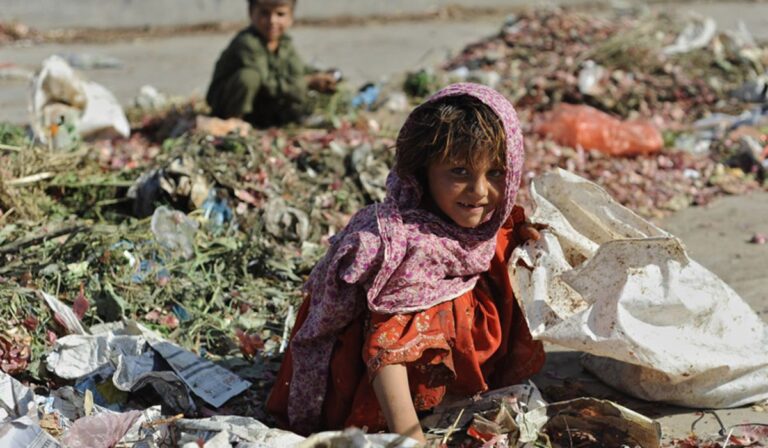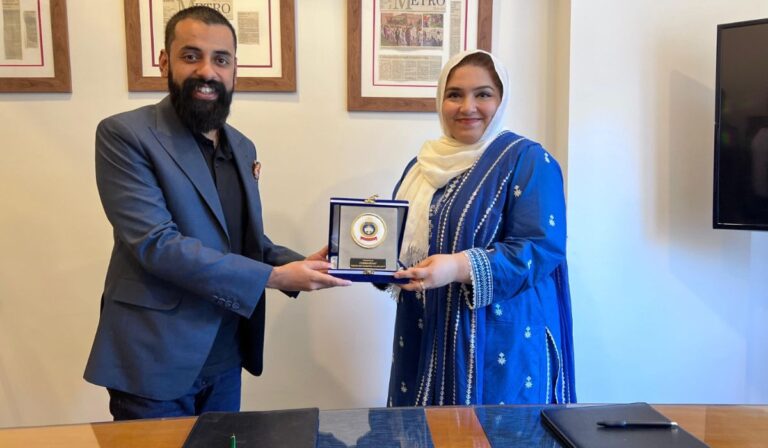Pakistani lawmakers have demanded urgent action after horrific accounts emerged of citizens being trafficked to Cambodia, where they are allegedly held hostage, tortured, and even sold for their organs.
The revelations came during a meeting of the National Assembly Standing Committee on Overseas Pakistanis and Human Rights, which grilled officials over the unchecked exodus of 18,000 Pakistanis to Cambodia in the past year.
Committee Chairman Agha Rafiullah accused the Federal Investigation Agency (FIA) of failing to perform its duty and even facilitating departures under the pretext of tourism. He asked why Pakistanis travelling on fresh passports were not properly investigated.
Reports presented to the committee alleged that victims are kidnapped, subjected to electric shocks, extorted, and trafficked across borders. Criminal networks are said to possess the medical expertise to remove body parts for illegal organ sales.
Lawmakers questioned how the Ministry of Foreign Affairs managed to rescue 700 citizens, yet thousands more continued to depart. Rafiullah raised concerns about the vacant post of director general at the Bureau of Immigration, asking whether the acting head has sufficient authority to curb trafficking.
Read More: Citizens, US envoy join EWCA tree-planting drive
Mehreen Bhutto, another committee member, noted that even skilled professionals are increasingly leaving Pakistan due to a lack of domestic opportunities. She warned that desperation is driving educated citizens into the hands of traffickers.
Despite the grim revelations, the Ministry of Overseas Pakistanis reminded lawmakers of the economic importance of the diaspora. Officials stated that remittances reached $38 billion in 2024-25, underlining the reliance on overseas workers.
Earlier this year, the Punjab Assembly hosted the first meeting of the Special Parliamentary Committee on Anti-Human Trafficking and Smuggling.
The session had emphasized urgent measures against cross-border smuggling and internal exploitation through bonded labor and forced sex work.
The committee directed the establishment of anti-trafficking police cells in all districts by February 2025, alongside revitalizing district committees for accountability.




